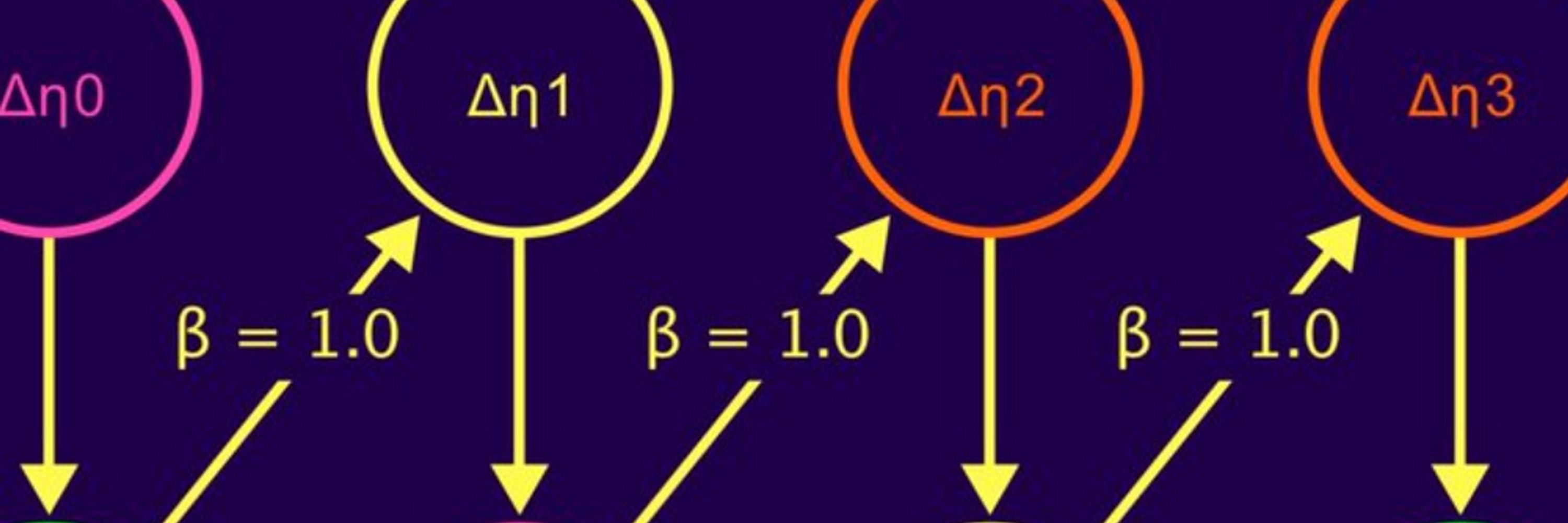

Men’s brains shrink faster than women’s: what that means for Alzheimer’s.
www.nature.com/articles/d41...

Men’s brains shrink faster than women’s: what that means for Alzheimer’s.
www.nature.com/articles/d41...
#GESISMethodsHub: An open portal for computational social science research—find tools, tutorials, and code, directly usable in your browser. Methods Hub makes it easy to learn, apply, and reproduce computational methods in the Social Sciences.
methodshub.gesis.org/

#GESISMethodsHub: An open portal for computational social science research—find tools, tutorials, and code, directly usable in your browser. Methods Hub makes it easy to learn, apply, and reproduce computational methods in the Social Sciences.
methodshub.gesis.org/
For now, it’s only available in German.
osf.io/n46vg/


For now, it’s only available in German.
osf.io/n46vg/
See the post if you would like to propose a new template.
www.cos.io/blog/introdu...
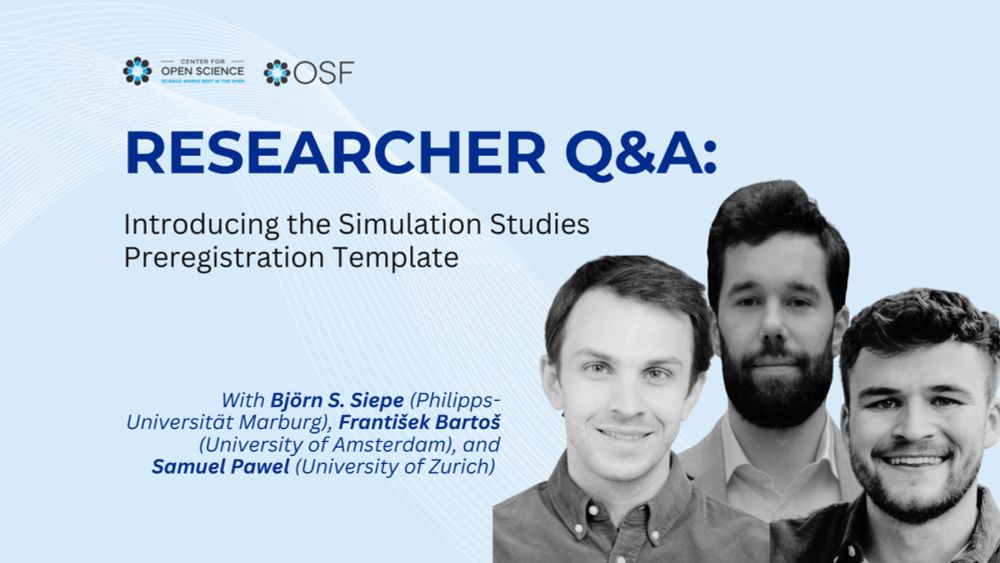
See the post if you would like to propose a new template.
www.cos.io/blog/introdu...
Cohen's d confounds magnitude of effect and reliability. Yet, we pretend our measurements are flawless when interpreting it. What if we thought of Cohen’s d as a measure of detectability instead?
osf.io/preprints/ps...
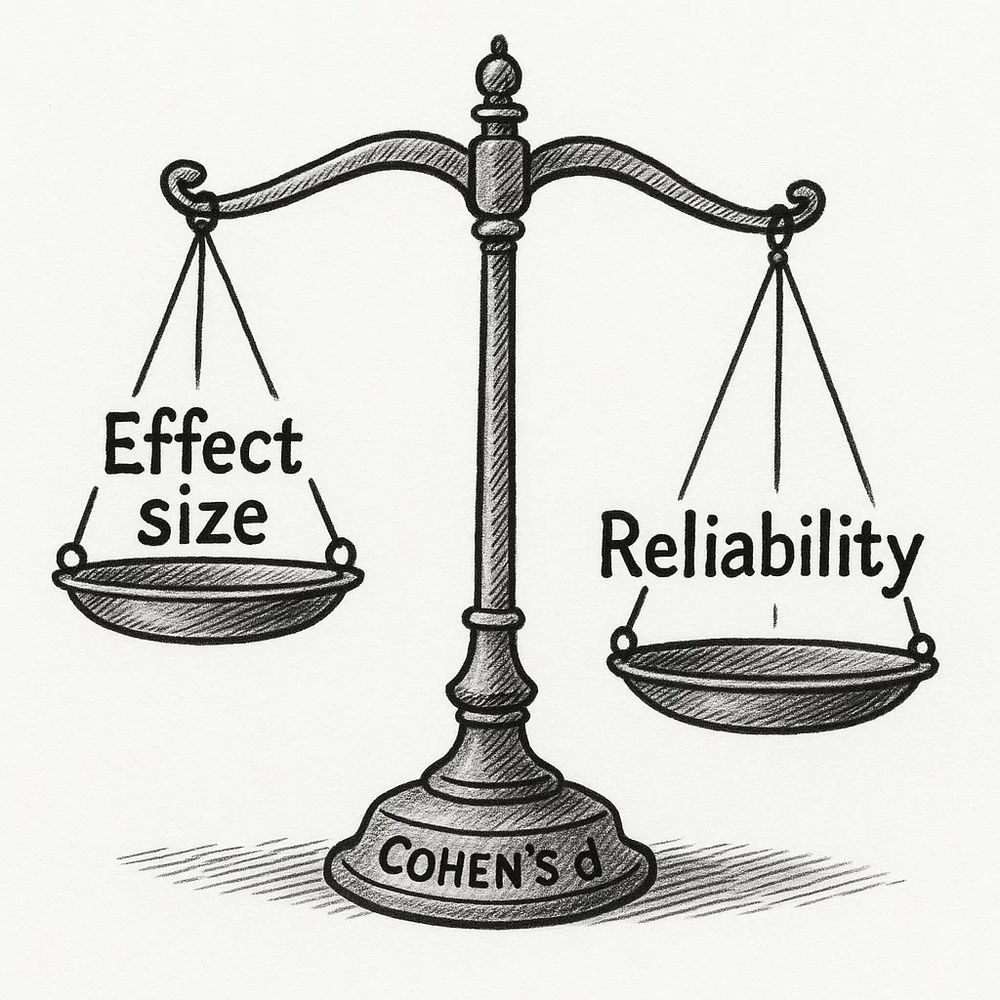
Cohen's d confounds magnitude of effect and reliability. Yet, we pretend our measurements are flawless when interpreting it. What if we thought of Cohen’s d as a measure of detectability instead?
osf.io/preprints/ps...
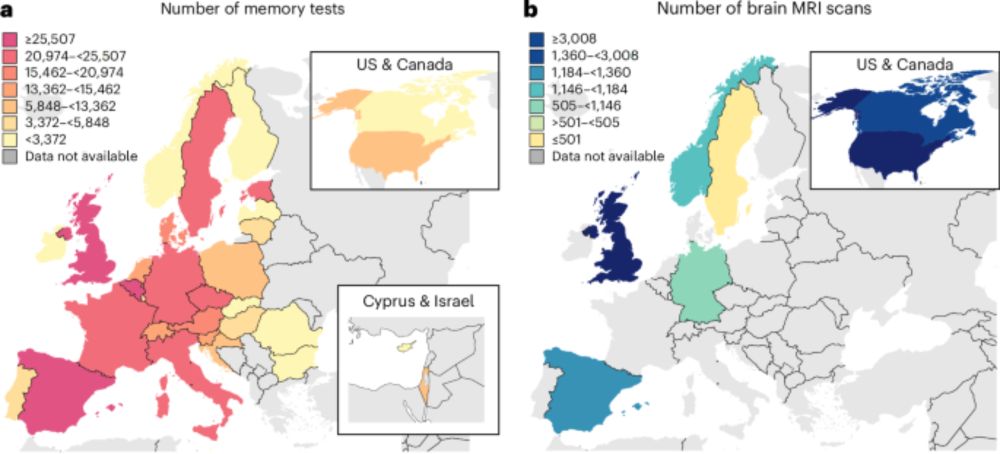
www.science.org/doi/10.1126/...

www.science.org/doi/10.1126/...
reproducibleRchunks v1.2.0 is now on CRAN!
✅ Generates GitHub Actions for cloud-based reproducibility checks (with cool badges)
📦 Supports renv for dependency management
👉 cran.r-project.org/package=repr...

reproducibleRchunks v1.2.0 is now on CRAN!
✅ Generates GitHub Actions for cloud-based reproducibility checks (with cool badges)
📦 Supports renv for dependency management
👉 cran.r-project.org/package=repr...
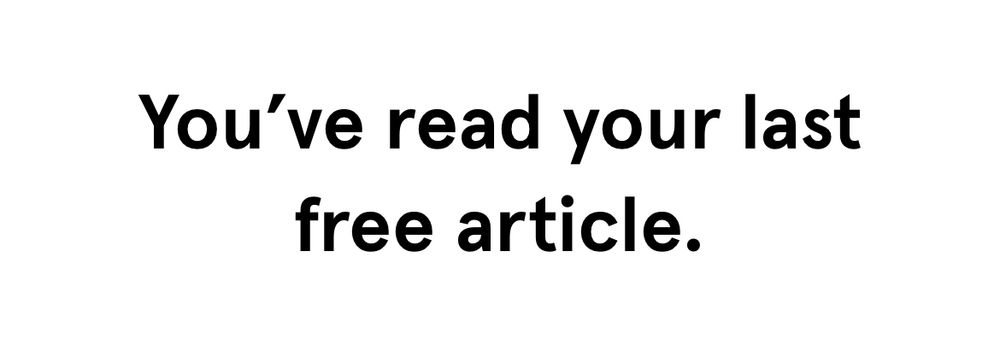

📝 Abstract submissions are still welcome—deadline: July 31.
Plus: join our mini-workshop on coordination using GitHub on the afternoon of October 16.
Find all the details & sign up here:
paulmeehlschool.github.io/2025-07-16-s...

Visit foerderatlas.dfg.de/en/

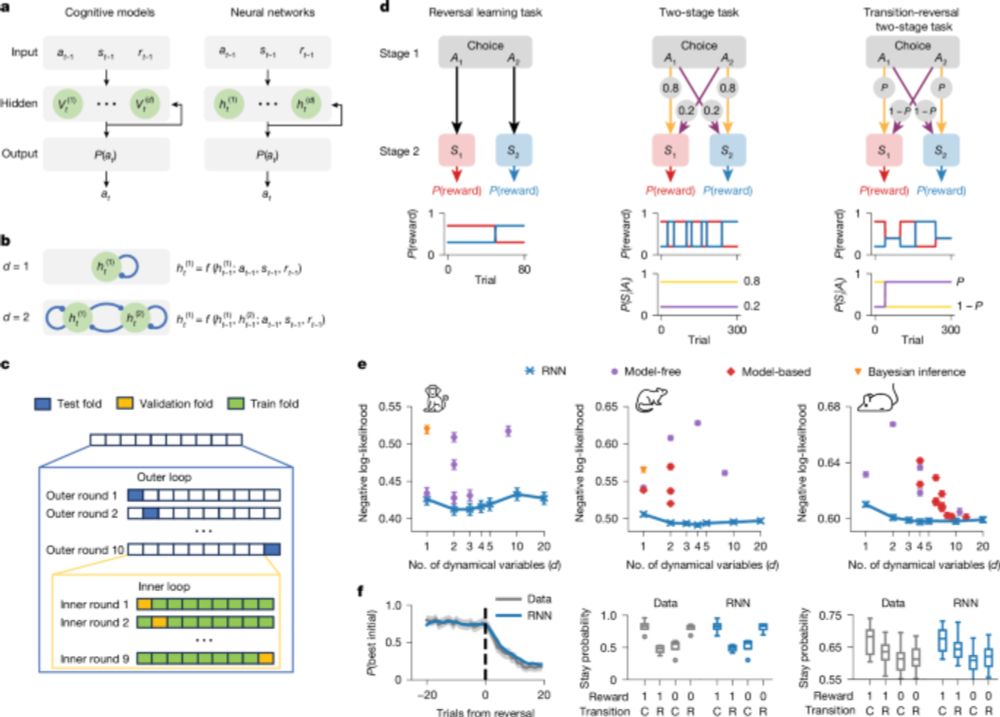
There are also some example vignettes to get you started: brandmaier.github.io/reproducible...
or just read our Open Access article in Collabra: Psychology: doi.org/10.1525/coll... #rstats
There are also some example vignettes to get you started: brandmaier.github.io/reproducible...
or just read our Open Access article in Collabra: Psychology: doi.org/10.1525/coll... #rstats
Would love to hear any thoughts on this topic!
#metascience #usercentered

This is, of course, a horrible idea. Here’s my response with @jbakcoleman.bsky.social .

This is, of course, a horrible idea. Here’s my response with @jbakcoleman.bsky.social .
After over a year of hard work by so many people, we are thrilled to announce that we are open for submissions! Join us in making publishing more efficient, equitable, and open: psych.peercommunityin.org
#PsychSciSky #scipub
After over a year of hard work by so many people, we are thrilled to announce that we are open for submissions! Join us in making publishing more efficient, equitable, and open: psych.peercommunityin.org
#PsychSciSky #scipub

The R package reproducibleRchunks, which stores metadata about original computational results and verifies later reproduction attempts automatically. online.ucpress.edu/collabra/art...
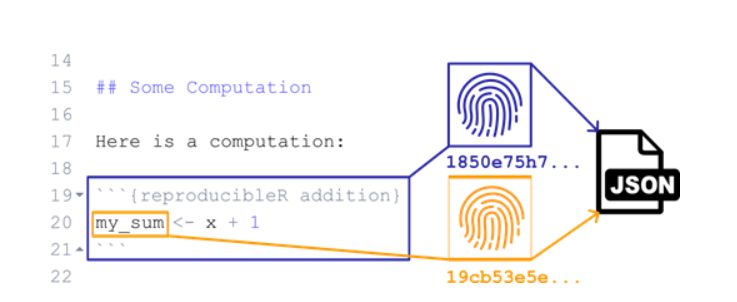
The R package reproducibleRchunks, which stores metadata about original computational results and verifies later reproduction attempts automatically. online.ucpress.edu/collabra/art...
Reliability of structural brain change in cognitively healthy adult samples
doi.org/10.1162/imag...

Reliability of structural brain change in cognitively healthy adult samples
doi.org/10.1162/imag...
forbetterscience.com/2025/05/19/a...

forbetterscience.com/2025/05/19/a...

I arrived at the conclusion that (1) there's a lot of interesting stuff about interactions and (2) the figure I was looking for does not exist.
So, I made it myself! Here's a simple illustration of how to control for confounding in interactions:>
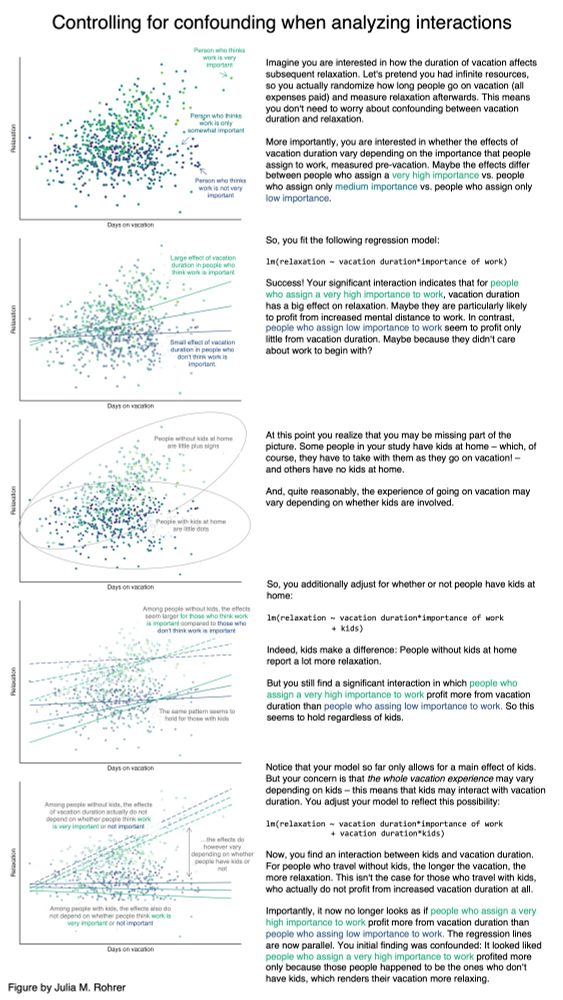
I arrived at the conclusion that (1) there's a lot of interesting stuff about interactions and (2) the figure I was looking for does not exist.
So, I made it myself! Here's a simple illustration of how to control for confounding in interactions:>

